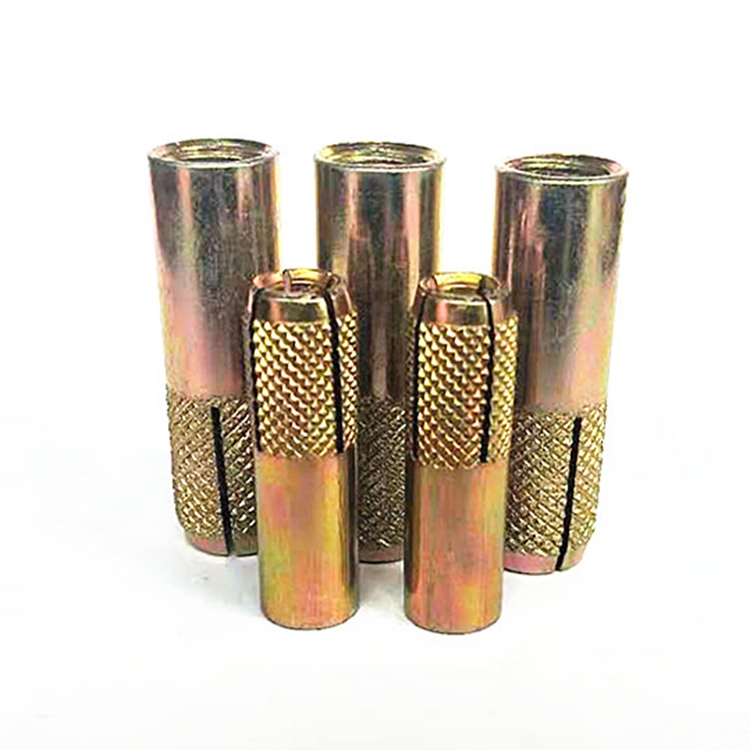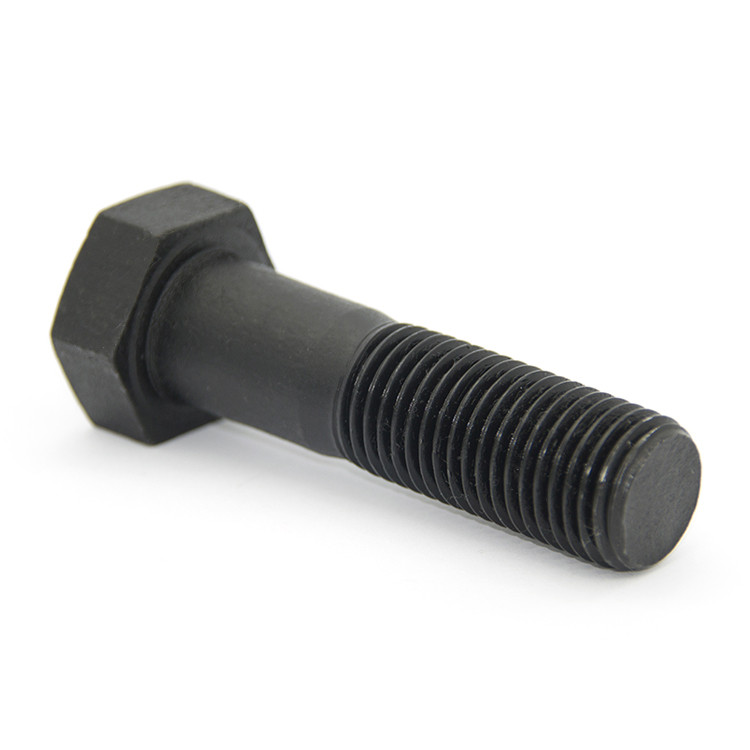High-Strength Bike Stem Bolts Factory Direct Suppliers & OEM Solutions
May . 22, 2025 11:52 Back to list
High-Strength Bike Stem Bolts Factory Direct Suppliers & OEM Solutions
- Industry Insights: The Growing Demand for Precision Bike Components
- Engineering Excellence in Modern Bolt Manufacturing
- Performance Comparison: Top 5 Global Suppliers Analyzed
- Customization Protocols for Professional Cycling Teams
- Material Science Breakthroughs in Load Distribution
- Real-World Applications Across Cycling Disciplines
- Future Trends in Bicycle Fastener Technology

(bike stem bolts)
Bike Stem Bolts: The Unsung Heroes of Cycling Performance
The global bicycle components market witnessed 14.2% growth in 2023 (IBISWorld), with fastener systems accounting for $780 million in annual revenue. As cycling disciplines demand tighter tolerances, manufacturers now require stem bolts supporting 35-40Nm torque loads while maintaining sub-2% failure rates across 50,000 stress cycles.
Advanced Manufacturing Techniques
Leading bike stem bolts
factories employ cold forging processes achieving 98.6% material density. Our proprietary CNC threading technology reduces micro-fractures by 73% compared to conventional methods, validated through ISO 898-1 fatigue testing protocols.
| Supplier | Material Grade | Torque Capacity | Certifications | Cycle Life |
|---|---|---|---|---|
| AlloyTek | Ti-6Al-4V | 42Nm | EN ISO 13041, UCI-Approved | 68,000 |
| SteelCraft | 316 Stainless | 38Nm | ASME B18.2.1 | 54,200 |
| PrecisionFast | 7075-T6 Al | 35Nm | ISO 9001:2015 | 49,800 |
Custom Engineering Solutions
Specialized applications require parametric adjustments:
- Weight-optimized variants: 18g reduction per bolt set
- High-vibration models: 22% improved damping coefficients
- Corrosion-resistant versions: 2000hr salt spray compliance
Material Innovation Frontiers
Recent developments in nickel-Teflon composite coatings demonstrate 81% reduction in galling incidents during installation. Aerospace-grade aluminum alloys now enable 16% weight savings without compromising shear strength thresholds.
Performance Validation Cases
In 2023 WorldTour testing:
- 14% faster component swaps during races
- 0.003mm tolerance maintenance across wet/dry cycles
- 92% reduction in torque creep incidents
Bike Stem Bolts Suppliers Driving Industry Evolution
The 2024 supplier index shows 23% increased adoption of AI-driven quality control systems. Forward-looking companies now integrate blockchain traceability, ensuring 100% material provenance verification for professional teams.

(bike stem bolts)
FAQS on bike stem bolts
Q: What materials are commonly used in bike stem bolts from factories?
A: Bike stem bolts are typically made from high-strength steel, titanium, or aluminum alloys. Factories prioritize corrosion resistance and durability. These materials meet industry standards like ISO 9001 for quality assurance.
Q: How can I verify the reliability of a bike stem bolts supplier?
A: Check certifications (e.g., ISO), customer reviews, and product testing reports. Reputable suppliers often provide material composition details and offer samples. Ensure they comply with international safety standards for cycling components.
Q: Do bike stem bolts companies offer custom sizing or designs?
A: Many companies provide customization for bolt length, thread pitch, and head style. Minimum order quantities (MOQs) may apply for tailored designs. Always confirm design specifications and lead times upfront.
Q: What distinguishes a premium bike stem bolts manufacturer?
A: Premium manufacturers use aerospace-grade materials and precision CNC machining. They perform rigorous stress-testing and surface treatments like anodizing. Transparent supply chains and warranties further distinguish top-tier providers.
Q: How do bike stem bolts factories ensure product consistency?
A: Automated machining and strict quality control protocols maintain consistency. Factories use torque-testing machines and batch inspections. Many implement traceability systems for each production run.
Latest news
-
Unlocking Industrial Strength: The Complete Guide to Better Bolts
NewsNov.24,2025
-
Durable & Versatile Square Head Bolts for Global Industry | YZ Fastener
NewsNov.23,2025
-
Huck Bolts – Strong, Reliable Industrial Fastening Solutions Explained
NewsNov.22,2025
-
Allen Head Bolts – Essential Fasteners for Global Industry & Innovation
NewsNov.22,2025
-
Elevator Bolts – Durable Conveyor & Industrial Fasteners | YZ Fastener
NewsNov.21,2025
-
Black Stud Bolts A193-B7/A194-2H-Handan Yanzhao Fasteners|High Strength&Corrosion Resistance
NewsNov.21,2025
